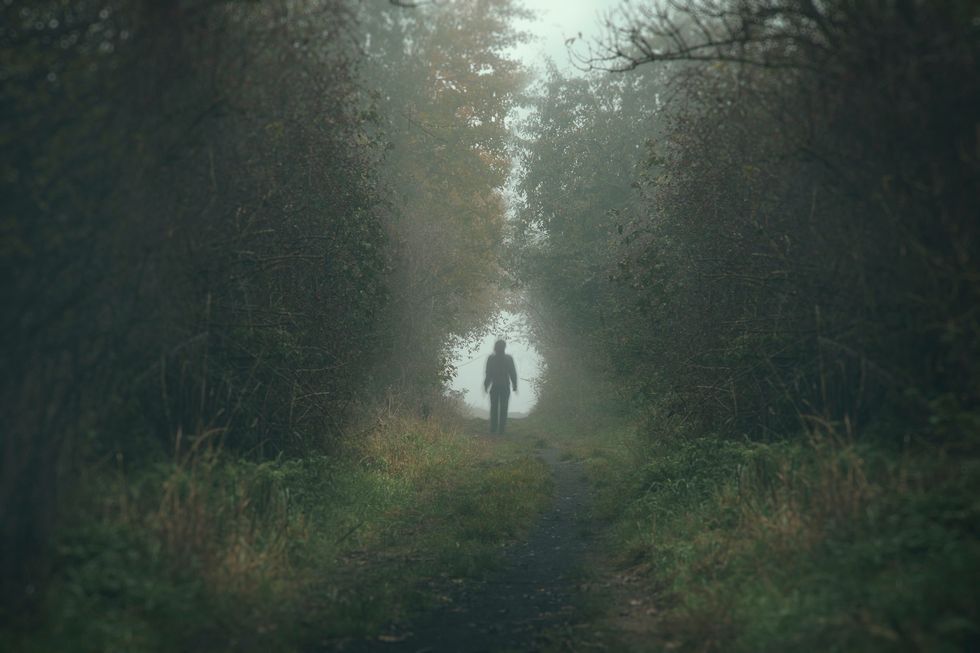In this era of social media, anything that's important, along with things that aren't important, can become a movement. This is powerful, in theory, but what's it really doing?
It's great that you're sharing the suicide prevention hotline phone numbers because it's important that those are readily available.
But anyone who's actually considered suicide will tell you that, in their contemplative states of fatally harming themselves, the last thought on their mind is, "I want to call a complete stranger and have them talk me off the ledge."
That state of mind is well beyond one that wants to seek help of any kind.
People who are seriously considering taking their own life, or even people who are seriously considering harming themselves, are not going to want to call a complete stranger in this time of crisis.
They probably don't want to call their friends or family, either. They feel alone, and that voice in their head that is urging them to cause that damage is not going to remind them of the people in their life that would miss them, the people in their life that love them.
So, if sharing the hotline numbers, while not the worst idea in the book, isn't necessarily helping those who really need it, what can you do?
Reach out.
Is your friend missing more class than normal? Do they look exaggeratedly tired every time you see them?
Are they acting out of character? Have you noticed them eating more or eating less?
Reach out.
Did they just get out of a relationship? Is their semesters' workload significantly heavier than normal?
Is the floor of their bedroom hidden underneath dirty clothes and worksheets and pizza boxes? Do they just seem... off?
Reach out!
Your friend could just be tired or stressed out, or maybe they're completely fine. But, maybe they're not.
Reaching out to a friend with a simple, "Hey, I just wanted to remind you that I care about you and I'm here for you if you need it," is not going to do someone any harm. Chances are, they'll appreciate it, even if they're doing well.
It is up to us, even as the social media mogul generation we are living in continues to thrive, to go beyond the superficiality of sharing suicide prevention posts and to start checking in on the people we know and love.
I also invite you, next time you want to share that Facebook post about mental health issues to instead think about the people in your life that maybe aren't doing well. Share that post if you want, but send your friend, sister, cousin or whomever a short message to check in on them.
Stop sharing posts if you're not willing to actually do something in the lives of those who need help.
- Depression Doesn't Always Have To Win ›
- Why We Need To Speak Up About Mental Illness ›
- If Your Friend Is Showing These 5 Signs, They May Be Depressed ›







 Photo by
Photo by 








